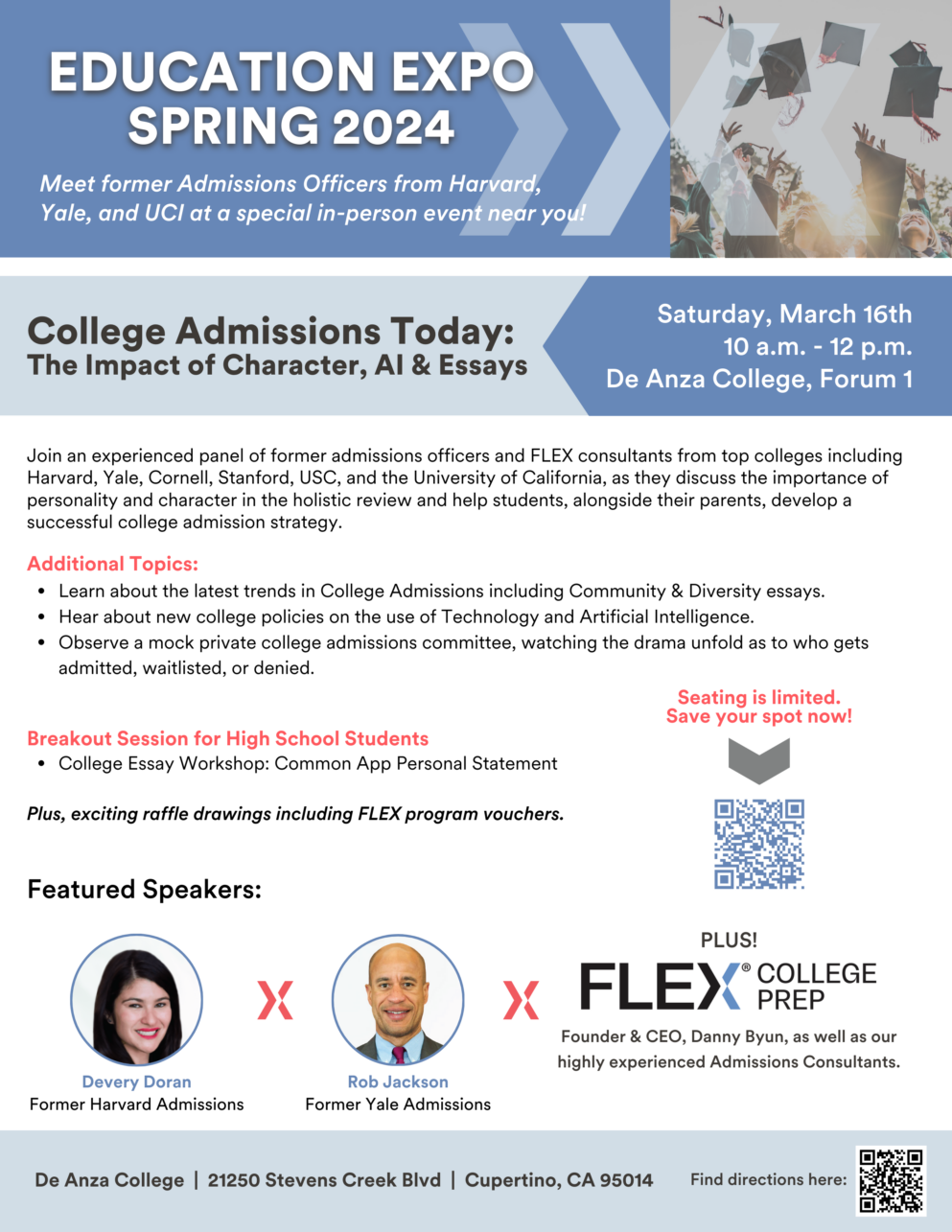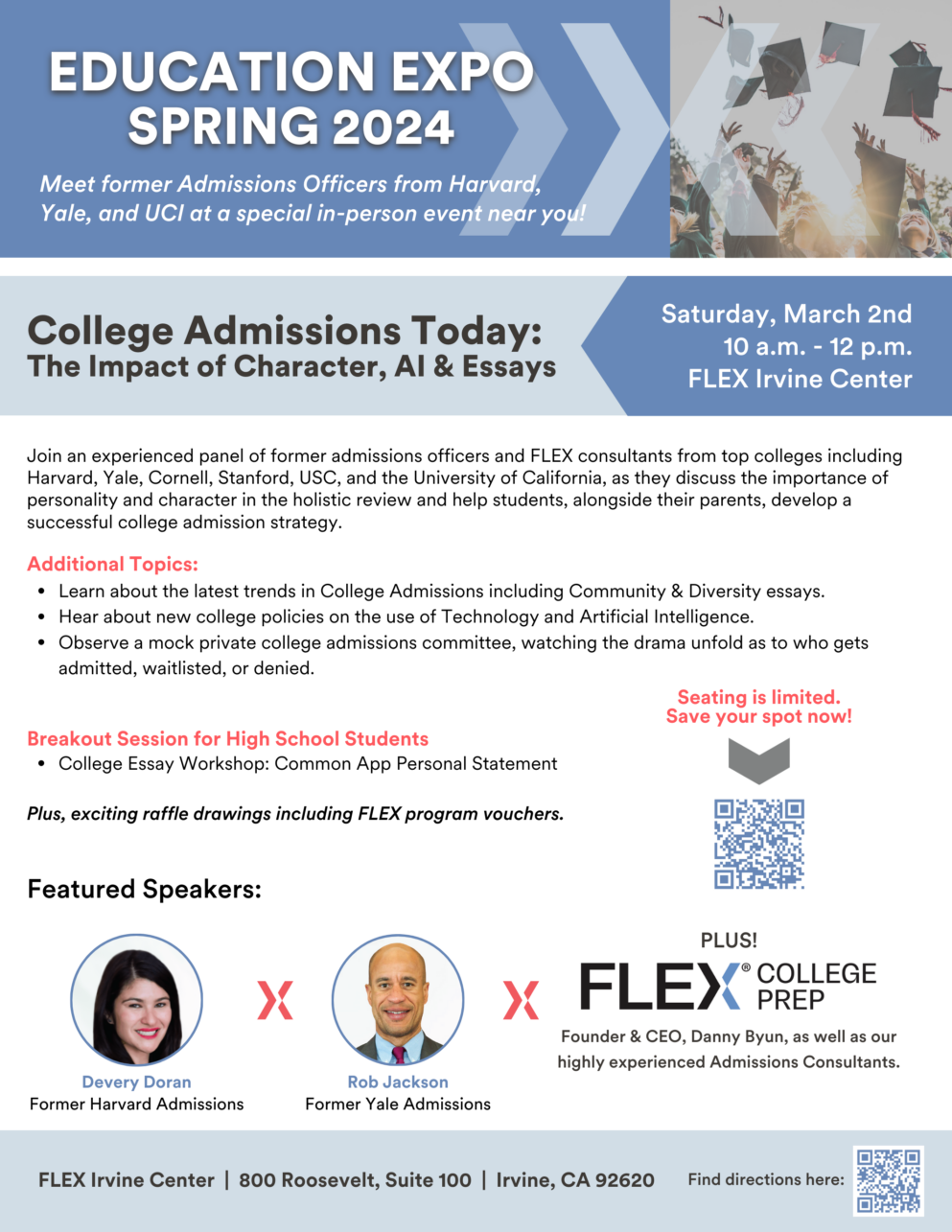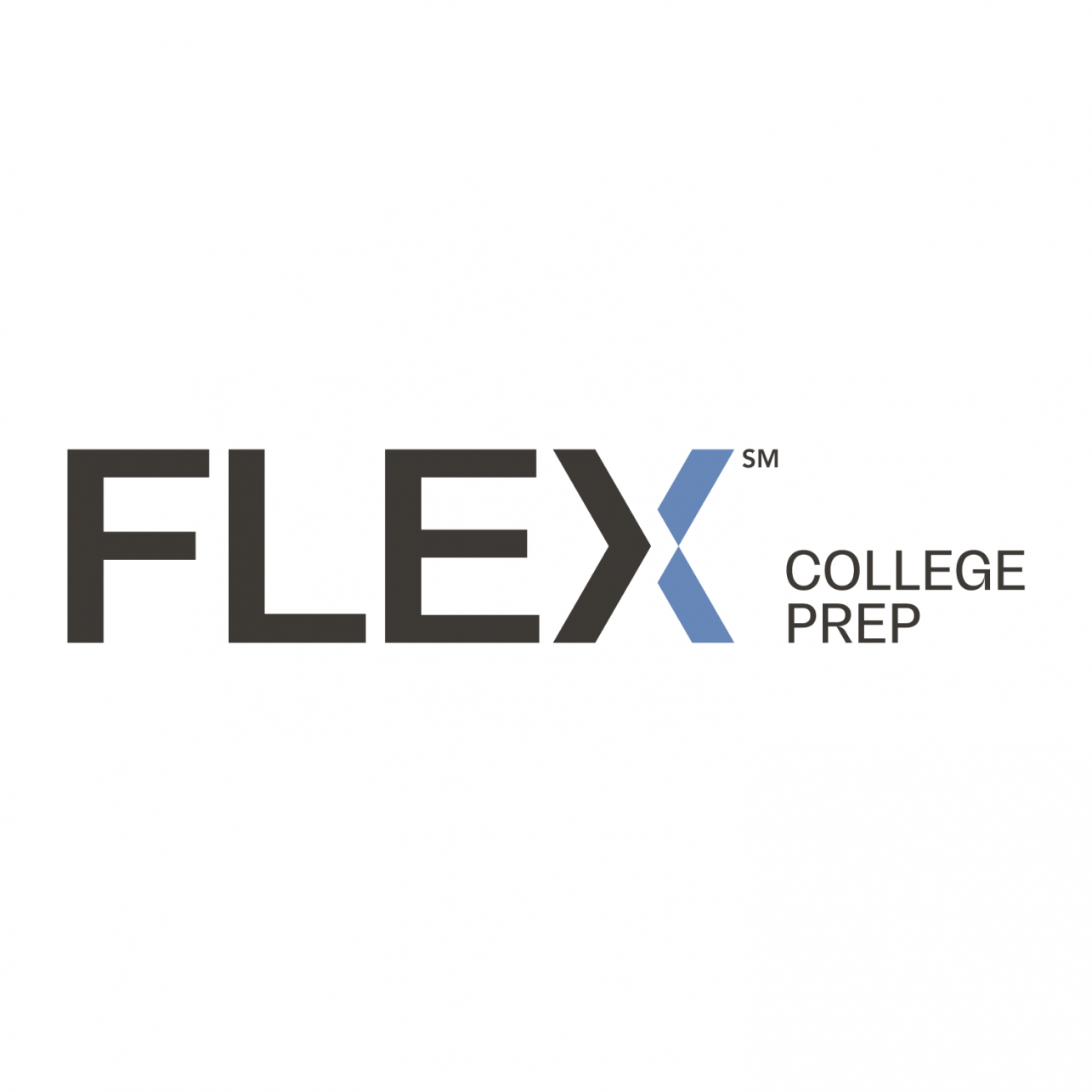Until recently, the stereotypical distinctions between public and private school admissions were relatively clear-cut. Because of the large volume of applicants and the larger sizes of these institutions, public schools based their admissions on numbers: GPA and standardized test scores.
While essays and resumes were required, public schools mostly evaluated them in a formulaic fashion, without getting a real sense for each applicant as an individual. On the flipside, private school admissions were based on a more holistic evaluation of an applicant: the numbers, yes, but also the extracurricular activities, the personal statement, recommendations and even at times an interview.
In the changing landscape of college admissions, however, things are not quite as cut-and-dry as they were in the past. With an ever-increasing pool of qualified applicants, public schools—particularly the University of California—can afford to be more selective in its admissions process. In fact, UC admissions has changed in a number of key ways:
- Greater emphasis on the personal statement
- Closer evaluation of an applicant’s GPA and course rigor in light of the types of courses the student has elected to take
- Greater emphasis on a student’s activities and what this says about the student as an individual
- Potential admittance of recommendation letters
These are significant changes to evaluate students as a whole person; however, the fact remains that public school admissions cannot completely emulate private school admissions for two reasons: 1. There are simply too many applicants. 2. A public school is, as its name indicates, a public institution, and is therefore subject to rules and legislation that private schools are not subject to. As a result, we see that beneath the new admission guidelines, the spirit of the UC admission process remains much the same. As before, the focus of the admission decision is predicated on academic factors: GPA, test scores, types of courses, etc, with the great bulk of the emphasis being placed on GPA (#1) and course rigor (#2). The remainder of the decision is based on non-academic factors, which encompass everything from leadership and extracurricular activities to community work and participation in summer programs and other academic preparation outside of school.
Private schools, on the other hand, have the luxury of selection. The key difference between public and private school admissions lies in the admissions committee. Public schools largely do not work by committee. Private schools largely do. Therein lies one of the fundamental differences between the two processes.
Admissions committees consist of a number of admission readers. Private colleges assign admission readers geographically; as a result, these readers often develop an intimate knowledge of the schools and typical applicants that emerge from their particular district. After reading applications from his or her assigned area, the admission officer selects top candidates whom he will advocate for in a committee made up of officers from neighboring territories. In this group setting, the officers will argue for their particular candidates, representing them before the other committee members, who do likewise for their selected students.
Because the admission process takes place in such a setting, where an admission decision is made by a number of people, having a persuasive or more influential representative advocating for a candidate can make a difference. This also creates a less predictable admission process because it introduces the personal preferences and biases of various admission officers. If you have three candidates, they could well receive three different admission results in three different committees. However, to safeguard against too much individual power, one person does not have the power to admit a candidate, only to deny him or her entrance.
What are some of the ways in which private school applicants can create an advocate in an admissions reader? Here are two things to consider:
1. Private school applicants must realize that the admissions reader is someone who works for the school community.
In representing the school community, the admission officer is seeking students who will positively impact members of the school community and enrich the experience of other students on campus. This is where “personal character” comes into play. We’ve heard it said that colleges want leaders. Is that true? Yes, it’s true. We’ve heard it said that colleges also want students who have served their communities. Is that true? Yes, that’s true too.
Additionally, we’ve heard it said that colleges want students with focus: they want students who finish what they start. Also true. These are all matters of the student’s character. If students exhibit these qualities throughout their application, then admission officers can recommend them for admission. Colleges do not want brilliant and talented students who have bad character or make trouble. Nor do they want students who are selfish. Colleges want good citizens.
After all, can you imagine having a roommate who has bad character? That could ruin a student’s college experience.
2. Private school applicants must realize that the admissions reader is someone who works for the academic staff of an institution: the teachers and professors.
Teachers love students who love learning. This is where “intellectual curiosity” comes into play. It’s important to note that we are not talking about students who earn good grades or test scores because those things are evaluated in another part of the application. Rather, we’re talking about students who demonstrate a love for learning through the non-academic parts of their applications.
When students demonstrate personal character and intellectual curiosity, they are equipping their admission officer with information that the officer can use to successfully negotiate on their behalf. For example, a compelling essay or an unusual activity can help an admission officer build your case. Common activities are usually not the most convincing because they are not as meaningful, revealing, or unique.
In crafting the application, students should try not only to impress the officer but also to be likable. The officer is human and will be more likely to advocate successfully on your behalf if he feels a personal connection with you. Finally, personal contact does make a difference. Try to get to know your regional admission officer during College Fairs and to let him know early on who you are. Send thank you notes for any advice given. In other words, consider the human element of this process.
In fact, this may well be the standing difference between the public and private school admissions process. For all its attempts otherwise, public schools remain a numbers-driven application process. Private school applications, on the other hand, remain personal and less predictable.

Students need to stand out in the competitive admissions landscape. FLEX College Prep is a team of the best strategists in the industry and takes a holistic approach to ensure students use their pre-college years in intentional, enriching, and personally satisfying ways. Since 2001, we’ve worked with families to help students unlock their potential and find happiness, meaning, and success in college and beyond.


































